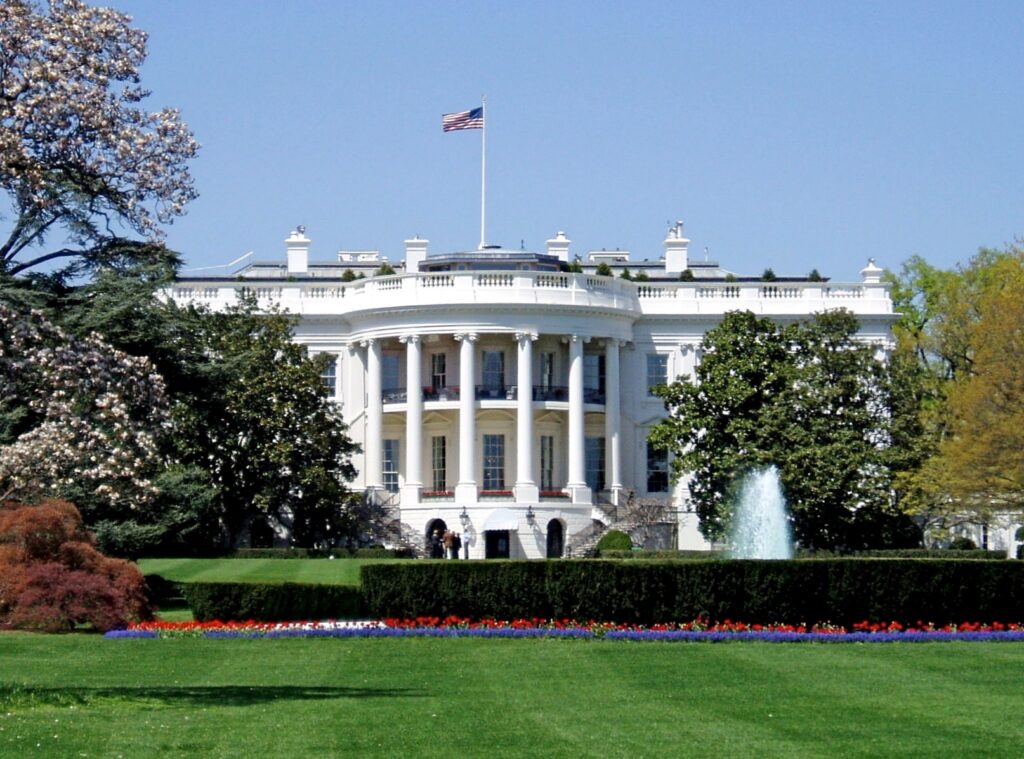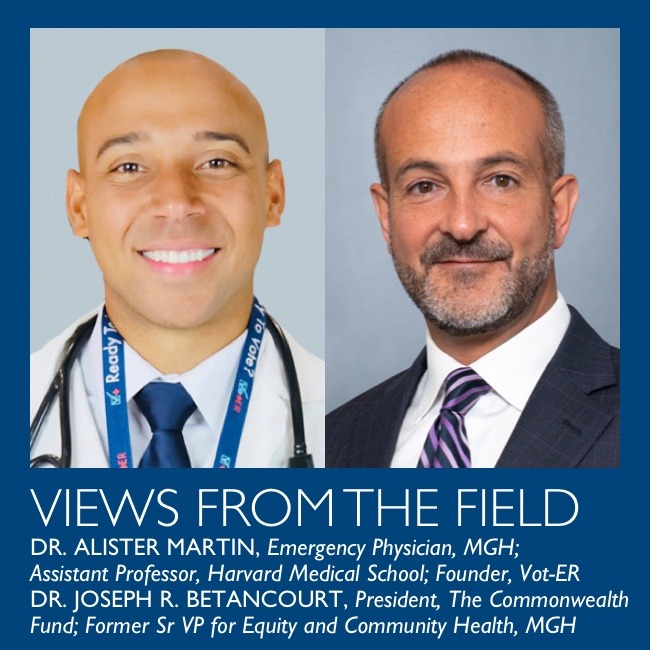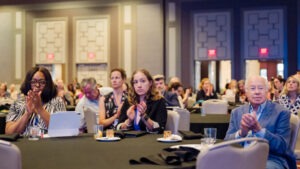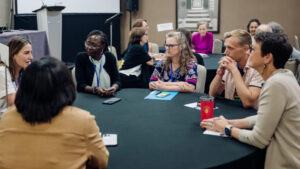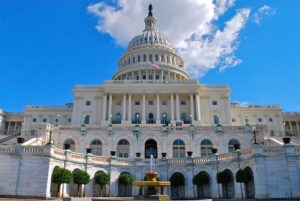The Final Reconciliation Package: Implementation of Key Provisions
On July 4, 2025, H.R. 1, the One Big Beautiful Bill Act, was signed into law. The implementation dates for key health care provisions in the law vary, with some taking effect immediately upon passage and others being implemented over several years. This resource details key dates for the implementation of the law’s most significant health care provisions.
Deadlines in Health-Related Executive Orders and Presidential Memoranda
This GIH policy resource details many of the health-related executive orders issued by the administration and includes a calendar of upcoming implementation deadlines.
Beyond the Exam Room: Impacting Health Outcomes Through Civic Engagement
August marks Civic Health Month, a time to showcase the link between voting and health and celebrate efforts that ensure every voter can support their community’s health at the ballot box. At the same time, the United States is grappling with a health care system ranked 37th globally despite consuming 17 percent of the country’s GDP. With 26 million Americans uninsured and 43 million underinsured, the gap in access to care continues to widen. This crisis will deepen as critical ACA subsidies expire at the end of 2025, potentially leaving 3.8 million more Americans without coverage, in addition to new federal cuts to Medicaid and changes to how coverage is accessed through the health insurance marketplace, which could result in as many as 20 million Americans losing their health insurance.
Courageous Action for the Health of Our Communities
The final day of the 2025 Annual Conference on Health Philanthropy focused on milestone moments in health like the 20th anniversary of Hurricane Katrina and elevated the philanthropic partnerships already inspiring a better tomorrow. While much of the conference was spent reflecting, today was marked by action and what comes next: standing firm in values, being courageous, and co-creating a vision for the future.
Reimagining Health Philanthropy, Together
During Day 2 of the 2025 Annual Conference on Health Philanthropy, attendees across sectors worked together to identify the intersections of their work and co-created solutions for healthier, thriving communities. Sessions spanned a wide range of topics, from exploring business’ role in health equity to strategies for supporting staff in uncertain times.
Building a Collaborative Vision of the Future
Today, over 840 funders and thought leaders, representing 440 organizations, gathered in New Orleans for the largest Annual Conference on Health Philanthropy ever. Conference attendees started the day with site visits around the Crescent City and newcomer and networking lunches, rooting the week ahead in connections with the New Orleans community and each other.
Forging Partnerships for a Better Tomorrow at the Grantmakers In Health Annual Conference
The Grantmakers In Health Annual Conference pre-conference sessions kicked off today in New Orleans, a city rich in resilience and spirit. Nearly 20 years since Hurricane Katrina, we gather to be inspired by the partnerships that supported communities two decades ago, and the ones that we are forging for the road ahead.
Infosheet: Key Provisions in the House-passed Reconciliation Bill—H.R. 1, the ‘One Big Beautiful Bill Act’
An infosheet provides analysis of key health, philanthropy, and nonprofit provisions in H.R. 1, the budget reconciliation bill passed by the U.S. House of Representatives on May 22, 2025. Changes include an estimated $715 billion reduction in federal Medicaid spending including work requirements, new eligibility requirements to the Affordable Care Act that will reduce access to the ACA’s Advanced Premium Tax Credits, $300 billion in reductions to Supplemental Nutrition Assistance Program (SNAP) benefits, an excise tax on foundations, and new authority for the Secretary of the Treasury to remove the tax-exempt status of nonprofits the administration deems as “terrorist support organizations.”


